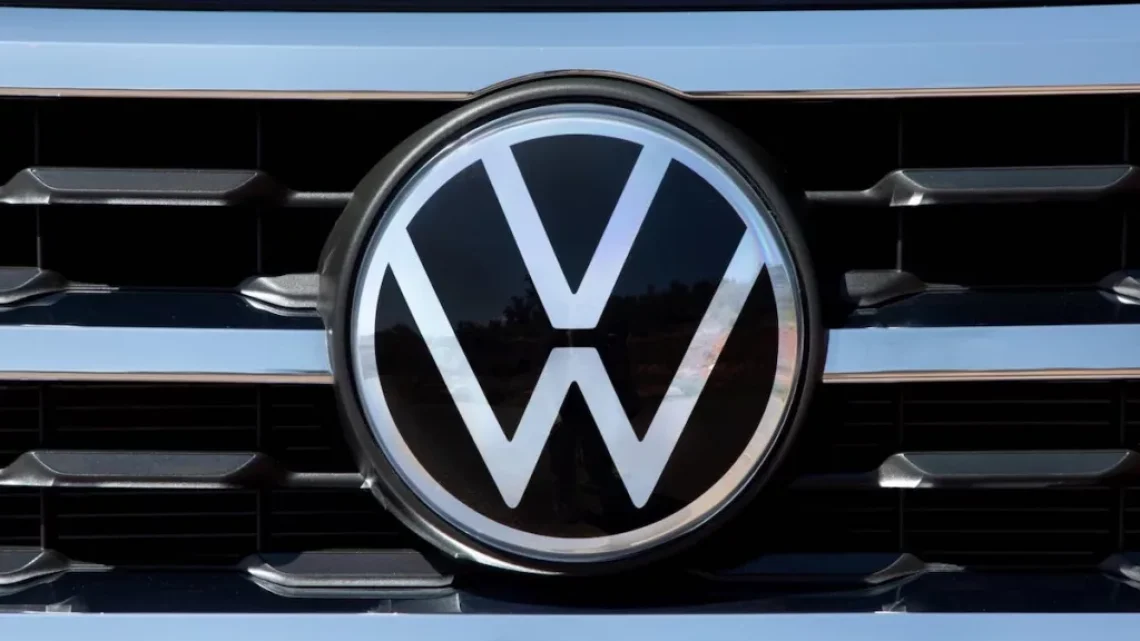
Volkswagen Considers Closing German Factories Amidst Rising Competition
September 3, 2024Volkswagen is contemplating its first-ever factory closures in Germany, marking a significant shift in its 87-year history. This move is part of a broader strategy to cut costs and respond to mounting competition from China’s electric vehicle (EV) manufacturers.
On Monday, Volkswagen, one of the world’s largest carmakers, announced it might close plants in its home country. The company is also considering ending an employment protection agreement with labor unions that has been in place since 1994.
Volkswagen Group CEO Oliver Blume highlighted the severe challenges facing the European automotive sector. “The economic environment has become even more difficult, and new competitors are emerging in the European market,” Blume said. He noted that Germany’s manufacturing competitiveness is lagging, impacting Volkswagen’s performance.
The automaker is struggling in its largest market, China, where deliveries dropped 7% in the first half of the year compared to 2023. The company’s group operating profit also fell 11.4% to €10.1 billion ($11.2 billion). Local EV brands, particularly BYD, are gaining ground and intensifying the competition in both China and Europe.
Blume emphasized that cost-cutting is Volkswagen’s primary focus. “We are focusing on reducing costs across factories, supply chains, and labor expenses,” he told analysts last month. Despite this, Volkswagen’s plans are expected to face significant pushback from labor representatives.
IG Metall, one of Germany’s most influential unions, criticized the proposed cost-cutting measures. “The plan presented is irresponsible and threatens jobs and locations,” said IG Metall’s lead negotiator Thorsten Groeger. He described the approach as “short-sighted” and warned it could undermine the core of Volkswagen’s operations.
Volkswagen employs approximately 683,000 people globally, with around 295,000 in Germany. The company remains committed to Germany as a key business location but faces a delicate negotiation process with employee representatives.
Thomas Schaefer, CEO of Volkswagen Passenger Cars, assured that the company is dedicated to finding sustainable solutions. He emphasized the need for urgent discussions with employees to explore restructuring options that would preserve both jobs and the company’s future viability.
Volkswagen’s situation reflects the broader pressures facing the automotive industry as it adapts to new market dynamics and increased competition from global EV manufacturers.

